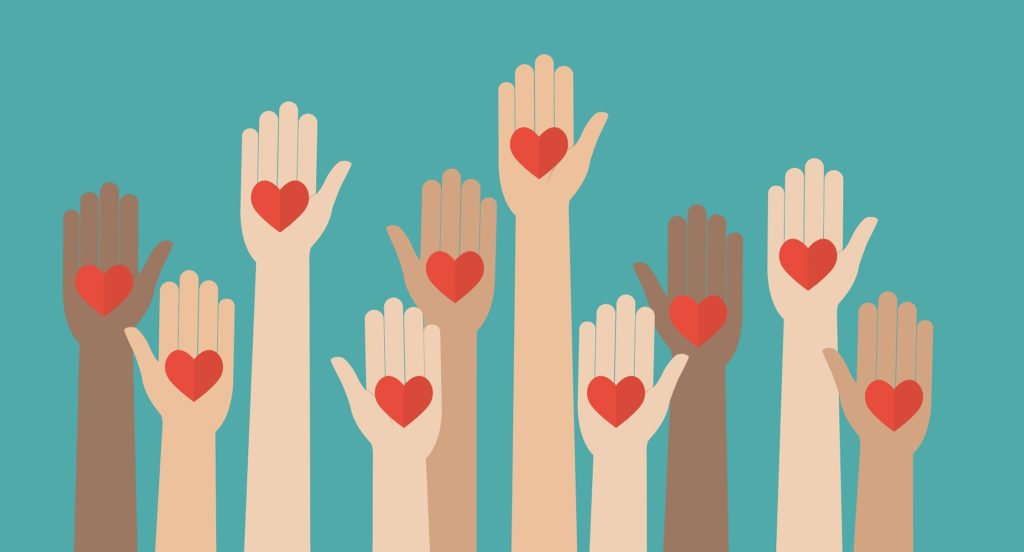Covid Anniversary Blog

Negative discourses around migration have created a hostile environment for asylum seekers and refugees. Having often had horrific and unimaginable experiences in their home country – and endured dangerous passage to claim asylum, refugees need places to feel accepted, recognised, to heal, reconcile in their host communities and to share their experiences of daily life and trauma with others.
Prior to the emergence of Covid-19, third sector organisations like charities, faith-based organisations and non-government organisations have provided asylum seekers and refugees with this ‘safe space’. These organisations have facilitated access to formal, informal and semi-formal social protection and are sites where asylum seekers and refugees gather together for information sharing, resources (i.e., food banks) and support. These locations also foster social connections among asylum seekers and refugees, which are vital to their successful integration and inclusion.
The forced closure of certain businesses deemed non-essential – including some third sector organisations – in response to the pandemic has potentially deprived asylum seekers and refugees of an invaluable and highly valued resource. The closure of third sector organisations during regional and national lockdowns has surely changed how third sector organisations provide asylum seekers and refugees with social protection.
As a result of Covid-19, asylum seekers and refugees’ access to third sector organisations for social protection has changed. The operations of many third sector organisations has moved to virtual environments, and while this has been positive through enabling asylum seekers and refugees to remain engaged in integration activities and receive support, virtual environments pose certain barriers. They inhibit casual social interaction and can burden those with low English language proficiency or poor internet technology skills. Additionally, in recognition of deprived asylum seekers and refugees’ often desperate need for material support, especially food, many organisations have delivered dry rations.
In the wake of Covid-19, it appears the third sector has come to the rescue of asylum seekers and refugees in the UK. Third sector organisations’ active involvement in helping asylum seekers and refugees throughout the pandemic emphasises the importance of the third sector in supplementing social protection. Their efforts both before and throughout the pandemic should be acknowledged, and caution should prevail whenever considering withdrawing, reducing or altering the services of such organisations, especially in times of crisis.
Niroshan Ramachandran is a Graduate Teaching Assistant in the Department of Social Sciences at Edge Hill University.
